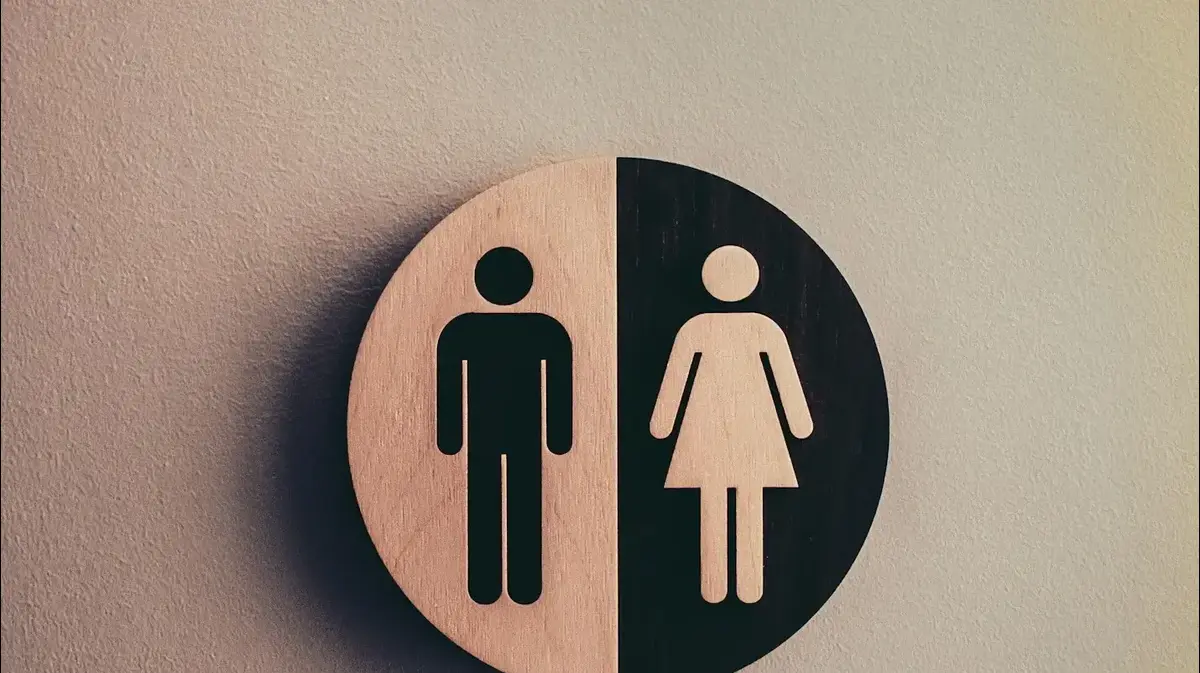One in three women in the world has suffered gender-based violence (GBV) in any of its forms, such as psychological abuse, sexual harassment or child marriage, among many others.
Seven in 10 women believe that verbal or physical abuse by a partner has become more common.
And six in 10 feel that sexual harassment in public spaces has gotten worse.
Some recent world events have made this type of violence more visible, and socially and legally repudiated: the covid-19 pandemic showed the fragility of women locked up with their abusers, and current and past conflicts have shed light on violence against women and their families in a context of war.
Although its visibility is increasing and, therefore, less and less socially acceptable, GBV is a very complex phenomenon that needs to be approached from all possible angles, such as legal, educational and social fronts.
Eradicating all forms of gender violence is a collective responsibility.
The role of governments in creating and implementing legal frameworks and commitments to reduce GBV is essential to building a safety net for survivors and victims.
However, while most governments have policies and regulations against different forms of GBV, these frameworks vary between countries, offering varied and often insufficient responses.
inaction is violence
The masculinization of leadership roles in governments and the uneven level of responses and policies to stop all forms of violence against women raise the question of the relevance of international and multilateral enabling frameworks and public policy coordination, as well as the need for a greater role for women in leadership and decision-making positions.
To respond to these issues, GWL Voices has produced a study to address the critical question of the connection between female political leadership and the establishment and effectiveness of legal frameworks to reduce gender-based violence.
We find that GBV legislation and implementation is positively influenced by female political leadership, especially by the presence of women in parliaments.
In 2019, there was a strong positive correlation in the world between the percentage of women in parliament and the quantity and quality of legislation against three forms of gender-based violence: domestic violence, child marriage and sexual violence.
This result is not surprising.
GWL Voices works for the inclusion of women in leadership positions because we know that it is not only a question of justice and equality, but also of opportunities.
When women are in the driver's seat and can make decisions that affect their rights and well-being, the results are certainly positive.
Inaction is violence.
We need urgent action at all levels, from households and local and national governments to international law and multilateral spaces.
And we need not just norms and standards, but strong enforcement mechanisms.
The lives and dignity of millions of women depend on our ability to act and act now.
Subscribe to continue reading
Read without limits
Keep reading
I'm already a subscriber

/cloudfront-eu-central-1.images.arcpublishing.com/prisa/NRADELRHCZH5RDRTU2EJ5JA4UA.JPG)


/cloudfront-eu-central-1.images.arcpublishing.com/prisa/7LCX4AG2Q3OGZDI5I3ZR2WPDW4.jpg)










